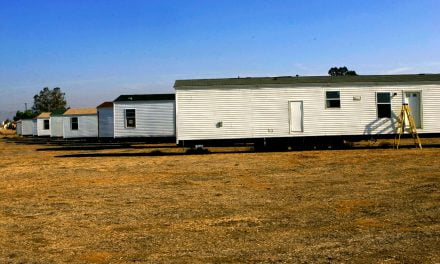Vasquez v. LBS Financial Credit Union
Facts: A buyer purchases property from a seller. After closing, a judgment creditor holding two previously recorded abstracts of judgment against the seller demands the buyer pay the seller’s judgment to avoid foreclosure proceedings. The judgment debtor named on the recorded abstracts is spelled differently than the seller’s name as shown on deeds under which the seller held title to the property. The buyer had no personal knowledge of the creditor’s abstract of judgment liens against the seller at the time of closing.
Claim: The buyer seeks to quiet title to the property, claiming they owe no money to the judgment creditor since the abstracts of judgment do not correctly identify the seller as the debtor in the recorded abstract.
Counterclaim: The judgment creditor claims they are owed the full amount of the two abstracts of judgment liens against the seller since they recorded the liens while the seller held title to the property.
Holding: A California court of appeals holds the buyer owes no money to the judgment creditor since the buyer did not have constructive notice of the recorded abstracts of judgment against the seller due to the judgment creditor’s failure to accurately identify the seller by their name as it appeared on title to the property. [Vasquez v. LBS Financial Credit Union (June 17, 2020)_CA6th_]














